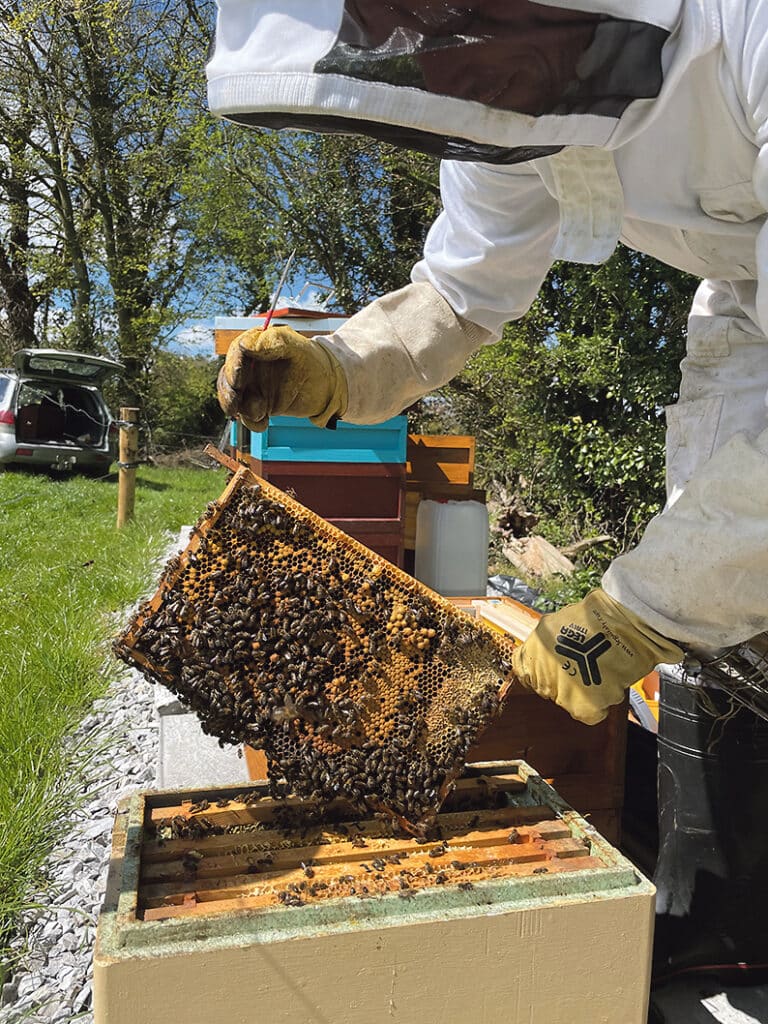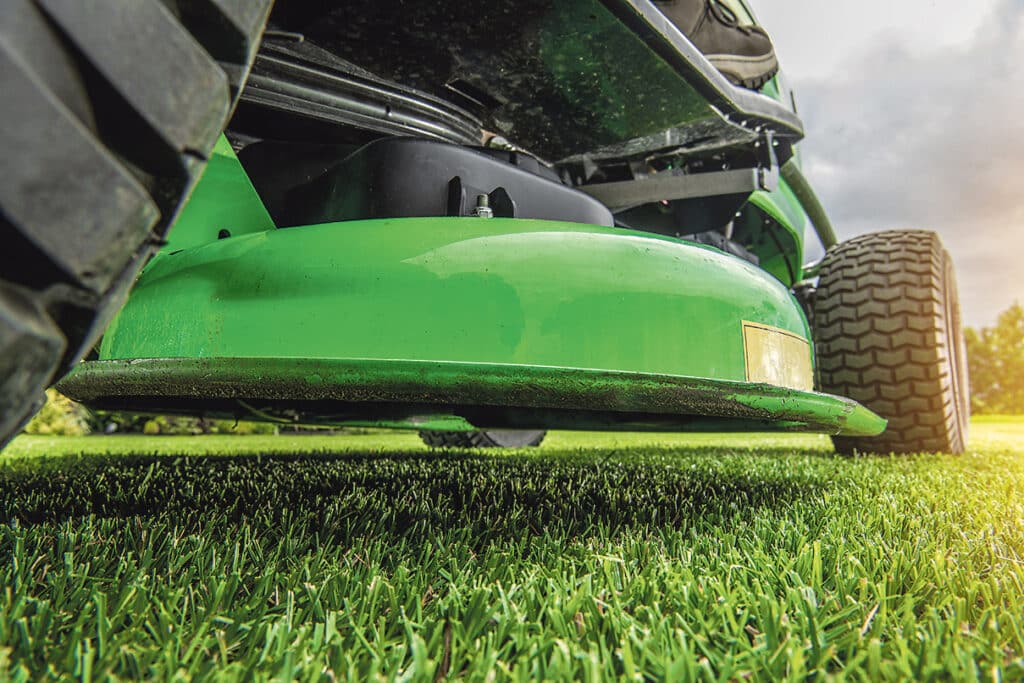Data collected by the Food and Agriculture Organisation of the United Nations shows that bees and other pollinators are priceless when it comes to ensuring the global safety of the food supply chain. Unfortunately studies by the United Nations and the International Union for Conservation of Nature show that bee populations and the populations of other pollinators have significantly decreased, making them more and more endangered. The extinction of bees will not only deprive the world of another species, but may have drastic consequences for entire ecosystems and the human race. Ahead of May 20, World Bee Day, Beekeeper Andrew Shinnick explains how we can all play a part in protecting our bees and pollinators.

The decrease in our bees and other pollinators is affected by numerous factors; many consequences of human activity such as intensive agriculture, widespread use of pesticides and pollution caused by waste. Their survival and development are also threatened by climate change and the ever-increasing global population. Bees are also exposed to new diseases and pests like the varroa mite.
A third of all food produced in the world, i.e. every third spoon of food, depends on pollination. The international study of Intergovernmental Science-Policy Platform on Biodiversity and Ecosystem Services (IPBES) in 2016 estimated that between US$ 235 billion and US$ 577 billion worth of annual global food production relies on direct contributions by pollinators. In addition, agricultural plants, which require pollination are an important source of jobs and income for farmers, particularly for small and family farms in developing countries.
Last but not least, bees have an important role in the preservation of the ecological balance and biodiversity in nature. As good bioindicators of environmental conditions, bees inform us that something is happening to the environment and that we must take action.
The prompt protection of bees and other pollinators will significantly contribute to solving problems with the global food supply and with helping to eliminate hunger. It will also contribute to efforts to halt further loss of biodiversity and degradation of ecosystems, as well as to the objectives of sustainable development defined in the 2030 Agenda for Sustainable Development.
So, what can each one of us do to help the bees?
Plant nectar-bearing flowers for decorative purposes on balconies, terraces, and in our gardens. Buy honey and other hive products from your nearest local beekeeper, rather than a cheap shop honey which is often not honey at all. Raise awareness among children in schools and with young adolescents on the importance of bees and express your support for local beekeepers in your area. Set up a pollinator farm on your balcony, terrace, or garden; you can either make it yourself or buy it at any DIY or home furnishing store. Preserve old meadows – which feature a more diverse array of flowers – and sow nectar-bearing native plants. Cut grass on meadows only after the nectar-bearing plants like the dandelions, cowslips and daisies have all finished blooming. Offer suitable farming locations for the temporary or permanent settlement of bees so that they have suitable pasture; as a consequence, they will pollinate our plants, which will thereby bear more fruit. Use pesticides that do not harm bees, and spray them in windless weather, either early in the morning or late at night, when bees withdraw from blossoms. Mulch blooming plants in orchards and vineyards before spraying them with pesticides, so that they do not attract bees after being sprayed. Finally, if you cannot do any of the above, you could simply adopt a hive from one of our many apiaries whereby each adoption allows us to create a brand new colony.
For more information on how our adoption process works or if you are a business and want to partner with us, then simply visit www.blackwaterhoney.ie or email us at
info@blackwaterhoney.ie


